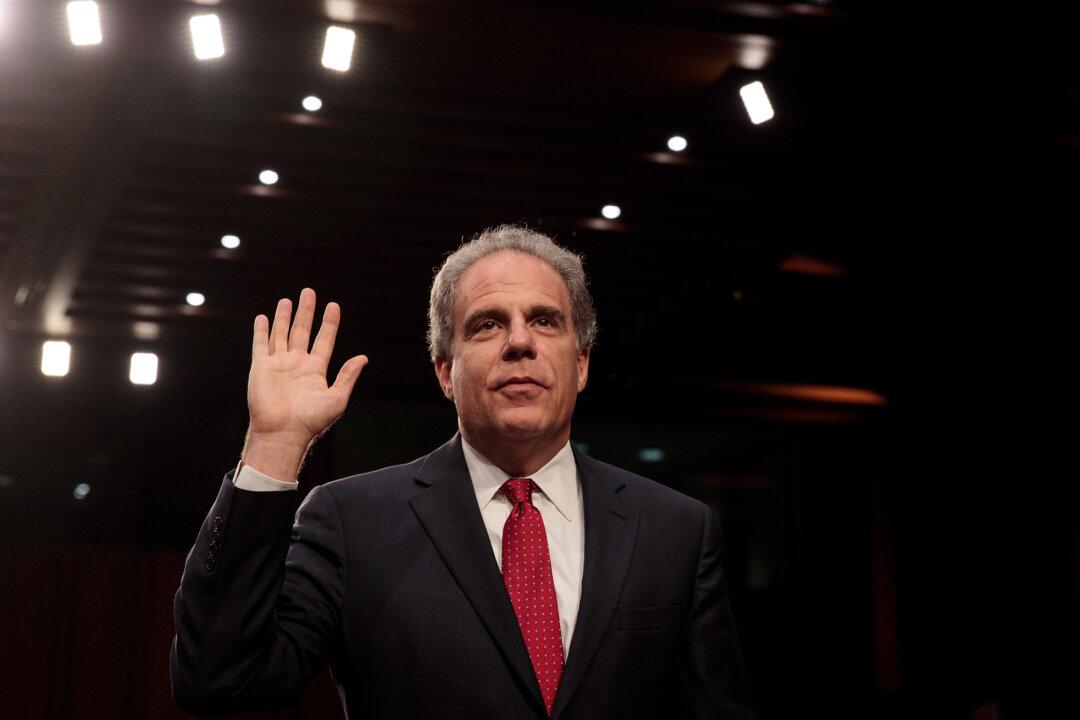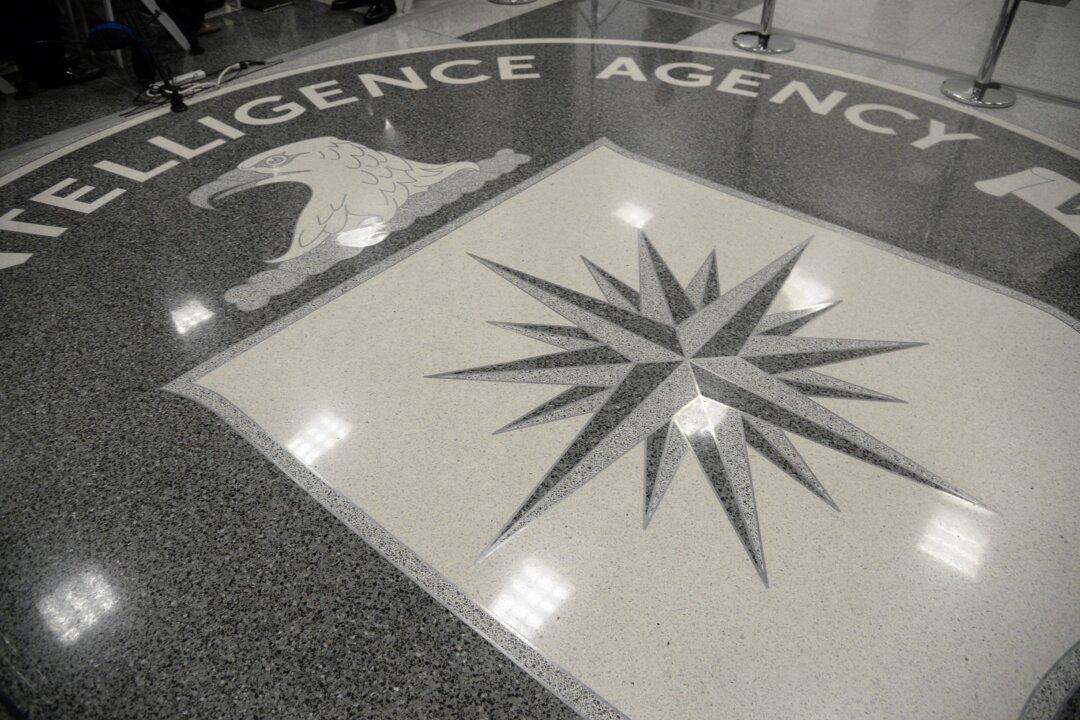The FBI does not have a clear process in place for its employees to raise concerns of retaliation when the bureau suspends their security clearances, a new report by the Justice Department’s inspector general alleges.
A new report, authored by DOJ Inspector General Michael Horowitz, delves into an apparent lack of protections for whistleblowers within the FBI. The report specifically focuses on how the bureau handles security clearance investigations of its employees and whether employees with suspended clearances understand the internal procedures for alleging the bureau is acting in retaliation against disfavored whistleblower activity.





